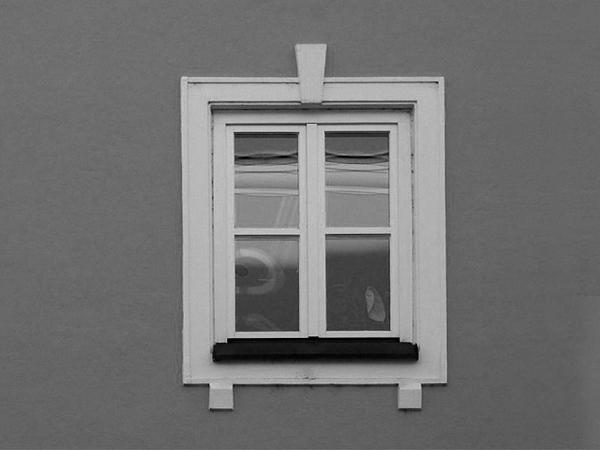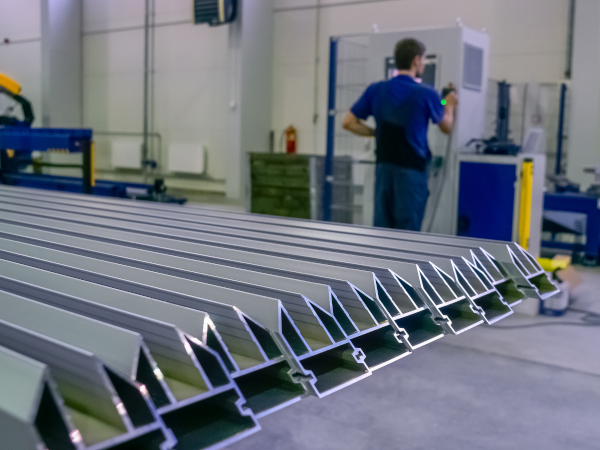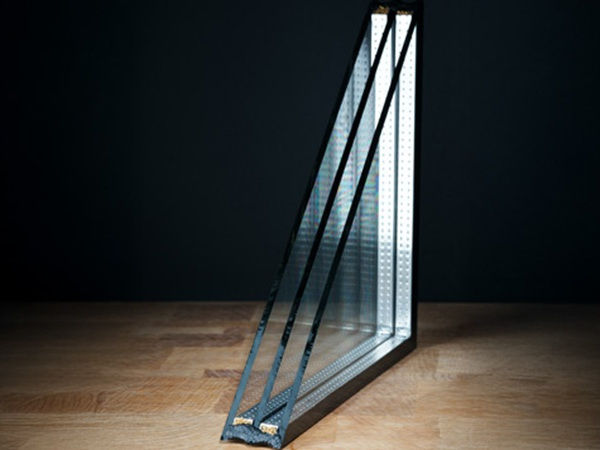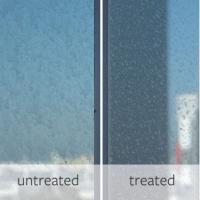
Date: 9 January 2019
New recent data on the average energy performance of glazed products already installed in buildings across Europe come as a baffling reminder that too much energy is uselessly wasted in Europe due to inefficient windows and glazing.
What is all the more worrying is that, the current minimum performance requirements for window retrofitting across most Member States fail to support energy-saving glazing products. Such a situation highly impedes the realisation of massive energy savings and of the transition to a low carbon economy.
The glazing products we install today must be highly energy efficient so that they can keep on delivering energy savings for the coming decades and beyond 2050.
As illustrated in the below map and the table recently published by Glass for Europe, major efforts to support window retrofitting with new high-efficiency glazing standards are needed to support the achievement of the energy and climate objectives of the European Union.
- Europe’s buildings are largely equipped with inefficient glazing and it is urgent to support window retrofitting
- Minimum performance requirements across Europe are not driving efficient window options and must be corrected
- Conditions restricting the applicability of minimum performance requirements need to be lifted
 600450
600450










Add new comment